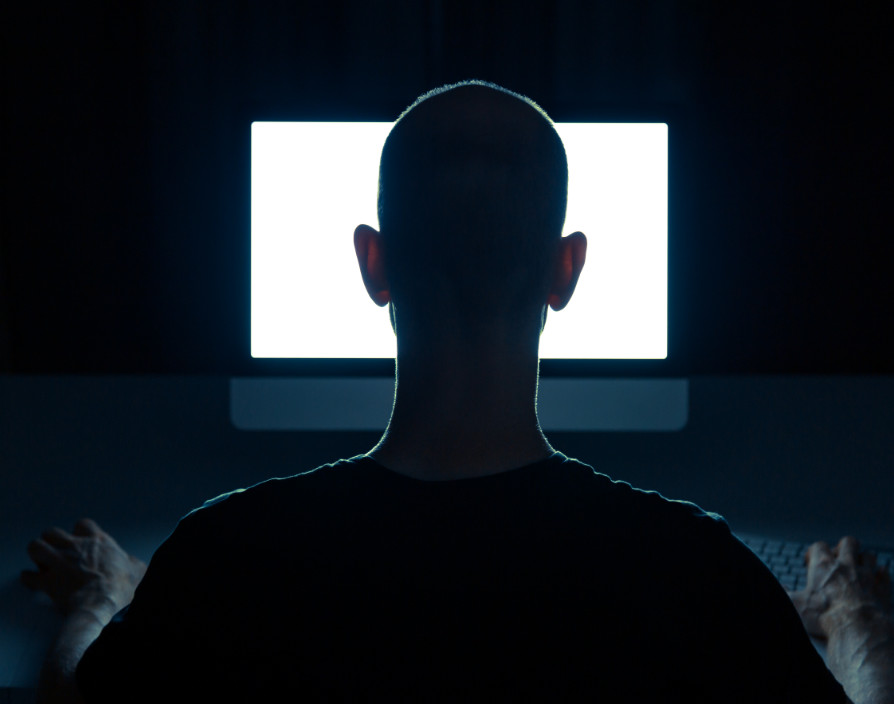Capitalise Head of Customer Education Phil Hobden looks at how social media, web searches and a person’s digital footprint can impact the hiring process and how bad publicity really can be bad.
The recent Euro 2020 competition was on paper, just what the country needed. It gave the public a moral boost after an unforgettably hard 18 months, a reason to celebrate as well as a sense of hope. It also started the road to recovery that would lead of last months #FreedomDay and the unlocking of the UK back to pre-covid times (2021 AC – After Covid?)
But then as quickly as it was positive, it turned sour. What started as an event that would unite the UK quickly descended into a vile torrent of abuse and racism both in the real world and, of course, across social media. It was as predictable as it was sad. Those of us that have been fans of football for years have been party to similar disgusting behaviour. Rightly the actions of the few were quickly and resolutely condemned by every corner of the media and wider establishment. But it also highlighted just how easy it was to hide behind a fake name or a fake email address, allowing people to continue to operate with impunity.
Well not everyone. In fact more than a few of these dishing out this disgusted hatred used their own social accounts. Not @fakeName101 but their own names. And rightfully companies who these so called ‘fans’ worked for were swift to act/re-act. It was rumoured that it was Phineas T. Barnum that said that Any publicity is good publicity but I’m not sure London estate agents Savilles felt that way the morning their company was trending on Twitter with over 21k tweets and rising. The member of staff involved was suspended immediately and investigations are ongoing (especially as it should be noted they claimed that the social account involved was hacked). Obviously we have to remember Innocent until proven guilty but whatever the outcome both the employee and business will be linked to that moment for a long time to come. Google never forgets and a digital footprint can stay around for a long time.
Equally we saw when Chris Whitty was assaulted a few weeks ago how at least one of the men responsible lost his job. Whilst this will be out of the papers a few days later and far from the UK’s zeitgeist before the year ends – it will remain online for many years to come. Even with ‘the right to be forgotten’ one mistake (and let’s assume it was that – inspired by alcohol or a moment of madness) has potentially ruined that person’s career for life.
Which got me thinking. How often do you google potential employees? And should you? I remember many years ago sitting down at a job interview and being totally sideswiped when the interviewer referenced my previous career producing low budget UK films even more so when they started to talk to be about the trailer they had watched (which, frankly due the violence and language wasn’t what should be considered safe for work). Obviously this became a focal point for the conversation and, whilst I dont think it hindered my chances directly, certainly deflected away from the move I was looking to make and the career choices that got me there.
Were they right to do this? Well that’s even more of a grey area. ACAS suggest that you should NOT check social media, especially if this is used to help make a final hiring decision. In fact they go on to say You might be breaking the law, particularly if they did not agree to you using the information in this way or if you looked at some applicants’ social media profiles, but not others. However When recruiting, you can usually use information that someone puts on a jobs website, or a business social networking site such as LinkedIn. This makes sense, especially in the context of the example they give: While using Facebook you discover the profile of someone who has applied to you for a job as a personal assistant. You notice a picture of her with 2 toddlers in a pushchair and think she looks too young to be a mum. You’ve now already started making a judgement, even if you did not intend to about whether she’s the best applicant for the job.
So maybe social media is a no but business networking sites and Google as a whole? Maybe.
I ran a poll on LinkedIn (Love a good LinkedIn poll) asking whether it was time for social media companies to stop total anonymity and allow authorities access to those who perpetrate these disgusting acts. In 8+ years of using LinkedIn it was my biggest post yet – some 25,000 views and over 800 interactions. Overwhelmingly 83% voted that we should end anonymity on social platforms like Twitter, Facebook and Instagram.
Maybe if people are more aware of the consequences of their actions and can no longer hide behind fake ID’s they will be more considerate of what they say/think/share.
On a personal note, well done to Rashford, Saka and Sancho for stepping up. They may have missed but it took courage, strength and heart to put themselves in that position – each knowing what the headlines would be the next day should things not go to plan. Few would have the courage to take their place. They are heroes regardless of the outcome and continue to conduct themselves with dignity.
“
Share via:









































